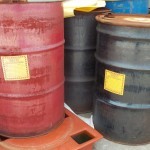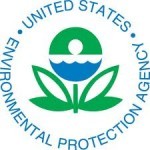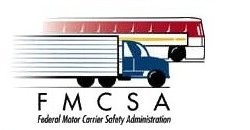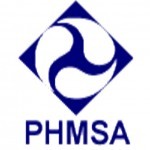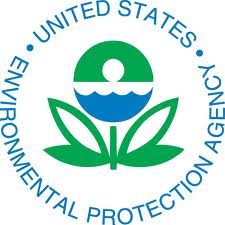What is the 2015 Definition of Solid Waste Rule?
The 2015 Definition of Solid Waste Rule (2015 DSW) is a revision to the 2008 Definition of Solid Waste Rule. Its purpose is to improve the 2008 DSW Rule by encouraging recycling and increasing environmental safeguards.
What does the 2015 DSW do?
The 2015 DSW maintains and improves two solid waste recycling exclusions from the 2008 DSW:
- The Generator-Controlled Exclusion at 40 CFR 261.4(a)(23): Retained and revised to strengthen its requirements. Also…
- The Transfer-Based Exclusion at 40 CFR 261.4(a)(24): Revised to where it is now the Verified Recycler Exclusion at 40 CFR 261.4(a)(24) (still).
The 2015 DSW also:
- Adds a new exclusion: The Remanufacturing Exclusion for Spent Solvents at 40 CFR 261.4(a)(27). Also…
- Revises the legitimacy criteria for solid waste recycling exclusions at 40 CFR 260.43 and then expands its application to all recycling exclusion and exemptions.
- Codifies the sham recycling prohibition at 40 CFR 261.2(g). This is also explained in my article on the Legitimacy Criteria.
- Creates and codifies a new regulatory definition of “contained” at 40 CFR 260.10 applicable to hazardous secondary materials during storage.
- Creates a new notification requirement for recyclers of hazardous secondary materials utilizing an exclusion, variance, or non-waste determination under the 2015 DSW.
- Adds emergency preparedness and response requirements at 40 CFR 261, Subpart M for generators using the Generator-Controlled Exclusion or the Transfer-Based Exclusion.
- Amends the speculative accumulation provision at 40 CFR 261.1(c)(8) to add a recordkeeping requirement for all persons subject to speculative accumulation.
- Revises existing variances and non-waste determinations at 40 CFR 260.30, 260.31, 260.33, and 260.34.
What are the important dates related to the 2015 DSW?
- Signed: December 10, 2014.
- Published in Federal Register: January 13, 2015.
- Effective at the Federal level and in states lacking an authorized hazardous waste program (Iowa and Alaska. Also: Puerto Rico, Virgin Islands, American Samoa, Marianna Islands, and some tribal lands): July 13, 2015.
- Effective in states with an authorized hazardous waste program when the state decides to modify its current program it adopted from the 2008 DSW or adopt the new 2015 DSW.
In general, the requirements of the 2015 DSW will not be effective in an authorized state until it chooses to adopt them. States are required to adopt the provisions of the 2015 DSW that are more strict than current regulations, these include:
- The prohibition of sham recycling.
- The definition of the legitimacy criteria.
- The addition of accumulation date tracking for speculative accumulation.
- Changes to the solid waste variance and non-waste determination.
Read: State Authorization Under RCRA and the 2015 Definition of Solid Waste Rule
This has been great, but where can I go for more information?
DSW Team Members:
- Tracy Atagi / atagi.tracy@epa.gov / 703.308.8672
- Amanda Kohler / kohler.amanda@epa.gov / 703.347.8975
- Kathy Lett / lett.kathy@epa.gov / 703.605.0761
- Mary Beth Sheridan / sheridan.marybeth@epa.gov / 703.308.4941
And…
EPA Website: Final Rule 2015 Definition of Solid Waste
Daniels Training Services 815.821.1550 |
The USEPA anticipates that over 5,000 industrial facilities in 634 industries throughout the U.S. have the potential to be affected by the 2015 DSW Final Rule. Are you one of them? Contact me if you have any questions about any provision of the 2015 DSW or the management of hazardous waste.




